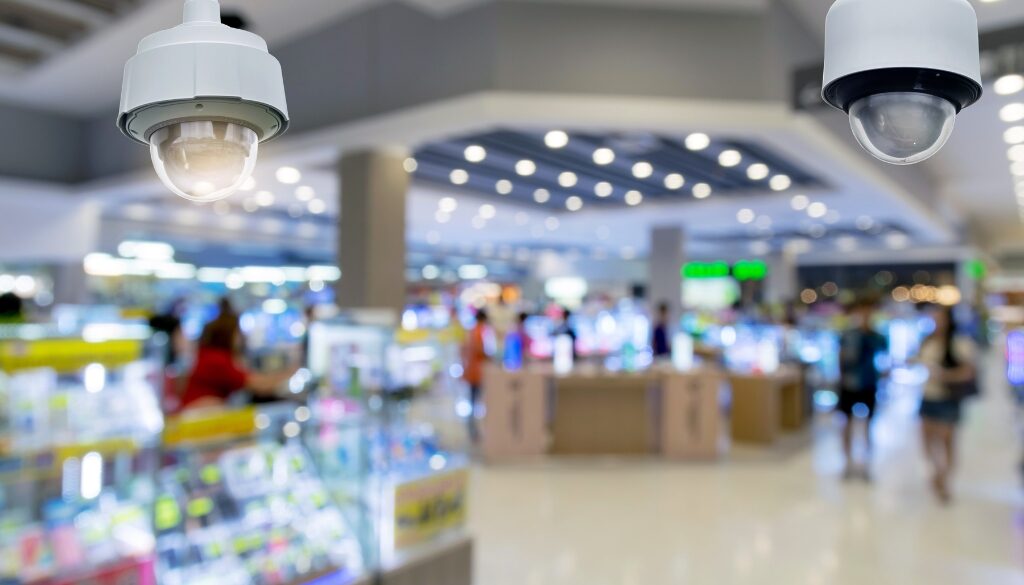The Legal Aspects of Retail Security: What You Need to Know
Maintaining security in the retail industry is essential not only to protect your assets and customers but also to ensure compliance with legal regulations. Retail security involves a delicate balance between protecting your business and respecting individuals’ rights. O’Brien & Associates understands the importance of navigating the legal aspects of retail security effectively. In this article, we will explore the key legal considerations that businesses in the retail sector need to be aware of.
Privacy Laws and Surveillance
1. Video Surveillance
Retailers often employ video surveillance systems to deter theft and investigate security incidents. However, it’s crucial to be aware of privacy laws that regulate the use of surveillance cameras. Ensure that your surveillance practices comply with local, state, and federal laws, including those related to recording in public spaces, employee areas, and customer changing rooms.
2. Audio Recording
In some regions, audio recording in a retail environment may require consent from all parties involved. Failing to comply with these laws can lead to legal consequences, including lawsuits and fines.
Shoplifter Apprehension
1. Use of Force
When it comes to apprehending shoplifters, the use of force must be carefully considered. Laws vary by jurisdiction, but generally, excessive force can result in legal liabilities. Retail employees should be trained to use reasonable and proportional force, and the focus should be on detainment until law enforcement arrives.
2. Shoplifter’s Rights
Shoplifters, like all individuals, have rights. When apprehending a suspected shoplifter, employees must adhere to these rights. Avoid making false accusations, using excessive force, or conducting illegal searches.
Customer Profiling and Discrimination
1. Anti-Discrimination Laws
Retail businesses must be vigilant about adhering to anti-discrimination laws. Profiling customers based on race, gender, religion, or other protected characteristics can lead to legal consequences, including lawsuits and reputational damage.
Data Security and Privacy
1. Data Collection
Many retail businesses collect customer data, such as contact information and purchase history, for marketing and analytics. Ensure that you comply with data protection laws, such as the General Data Protection Regulation (GDPR) in Europe or the California Consumer Privacy Act (CCPA) in the United States.
2. Data Breach Response
Be prepared for data breaches and have a response plan in place. Legal requirements for data breach notifications may apply, and failing to report breaches appropriately can result in significant fines.
The O’Brien & Associates Advantage
Navigating the legal aspects of retail security can be complex, but O’Brien & Associates can help. Our expert team has the knowledge and experience to ensure that your retail security practices comply with all applicable laws and regulations.
Conclusion
Understanding and complying with the legal aspects of retail security is essential for protecting your business, customers, and reputation. O’Brien & Associates is committed to helping you strike the right balance between security and legal compliance. By staying informed and implementing best practices, you can create a secure retail environment while respecting individuals’ rights and privacy.
If you have questions or need assistance in ensuring that your retail security practices are legally sound, contact O’Brien & Associates today. We are here to help you navigate the legal landscape and maintain a secure and compliant retail business.




